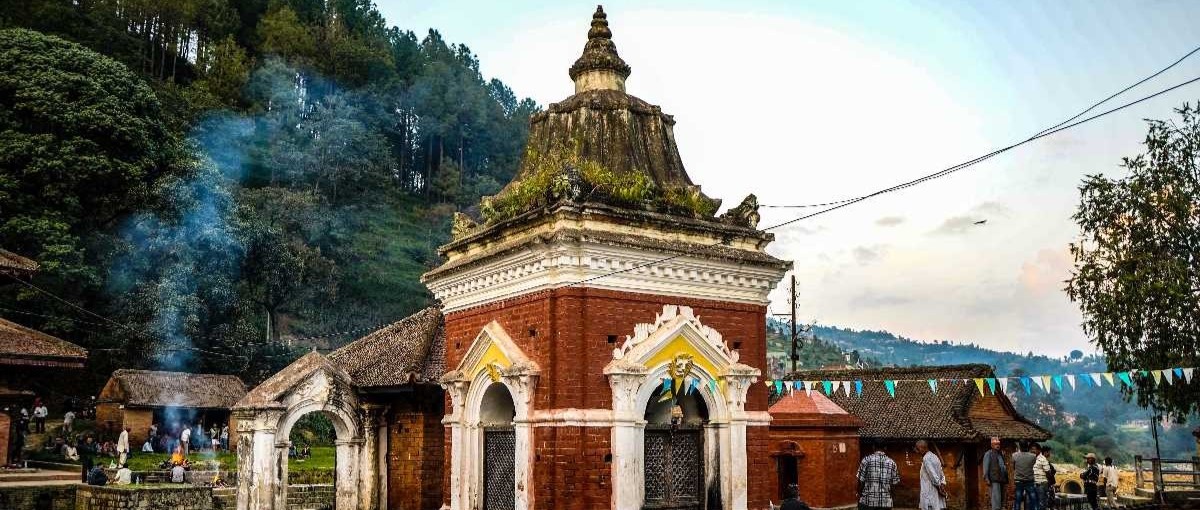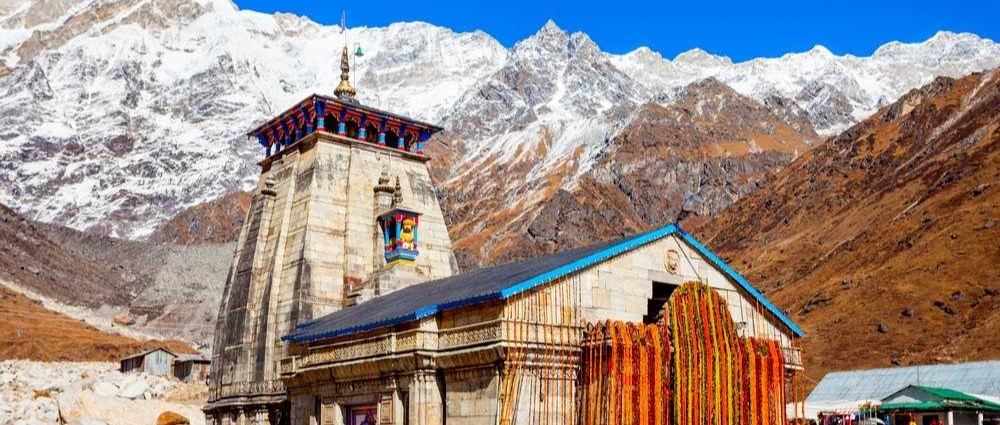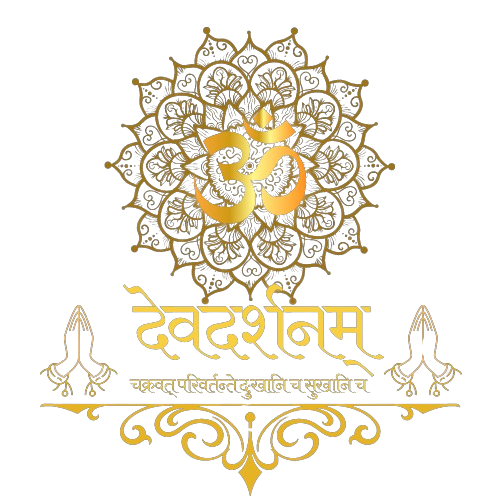




The Vedas World Civilization
March 11, 2024
The Indo-Aryan Vedas remain the oldest scriptures of Hinduism, which is considered one of the oldest religions in the world. Vedic ritualism, a composite of ancient Indo-Aryan and Harappan culture, contributed to the deities and traditions of Hinduism over time. The Vedas are split into four major texts and contain hymns, mythological accounts, poems, prayers, and formulas considered sacred to the Vedic religion.

Structure Of The Vedas
Vedas, meaning “knowledge,” were written in Vedic Sanskrit between 1500 and 500 BCE in the northwestern region the Indian Subcontinent. The Vedas were transmitted orally during the course of numerous subsequent generations before finally being archived in written form. Not much is known about the authors of the Vedas, as the focus is placed on the ideas found in Vedic tradition rather than those who originated the ideas. The oldest of the texts is the Rig Veda, and while it is not possible to establish precise dates for each of the ancient texts, it is believed the collection was completed by the end of the 2nd millennium BCE (Before Common Era).
